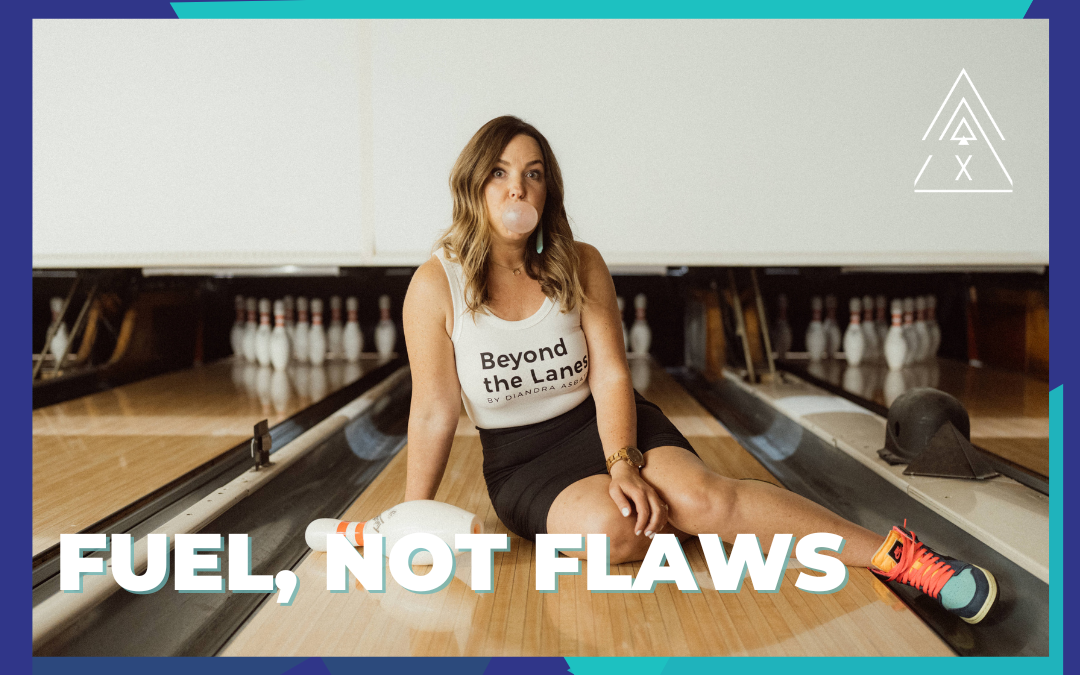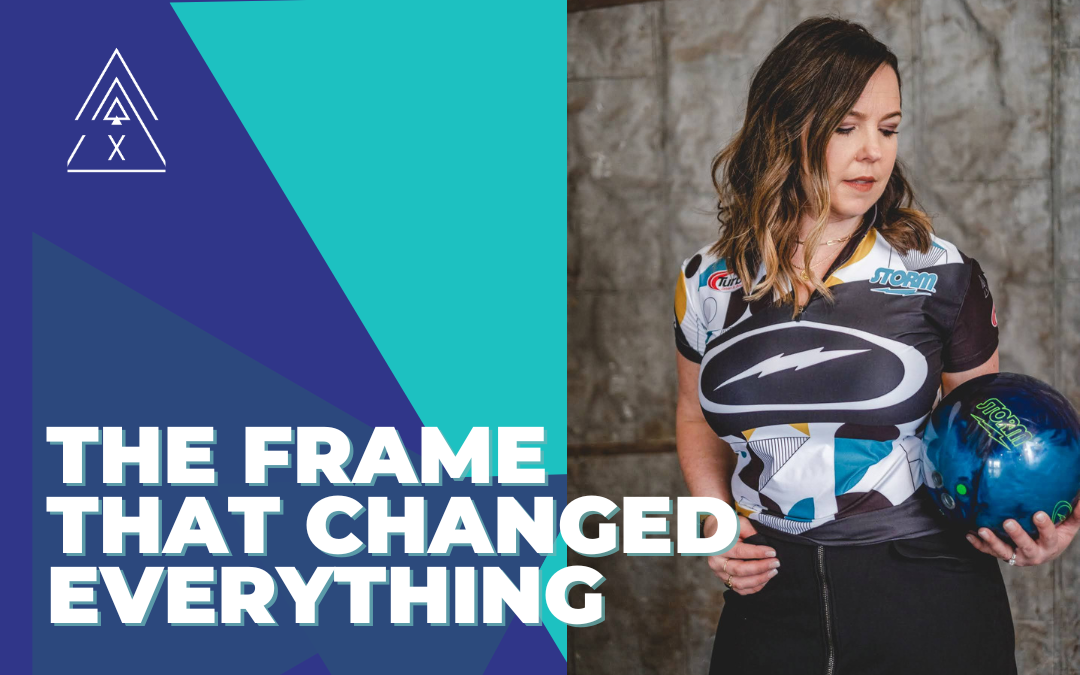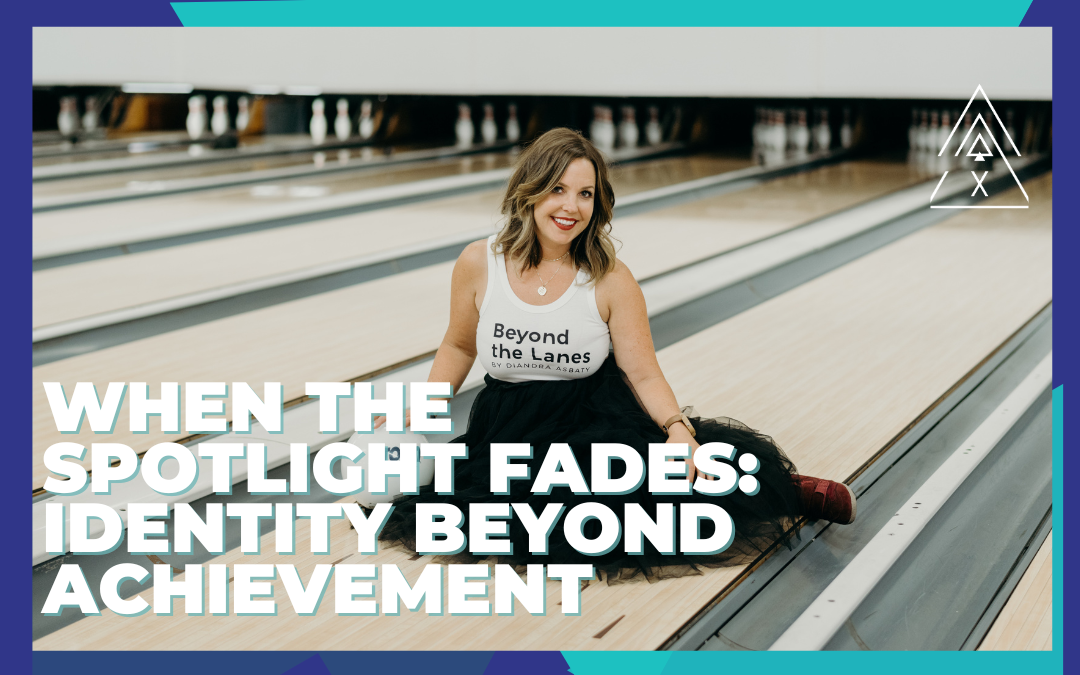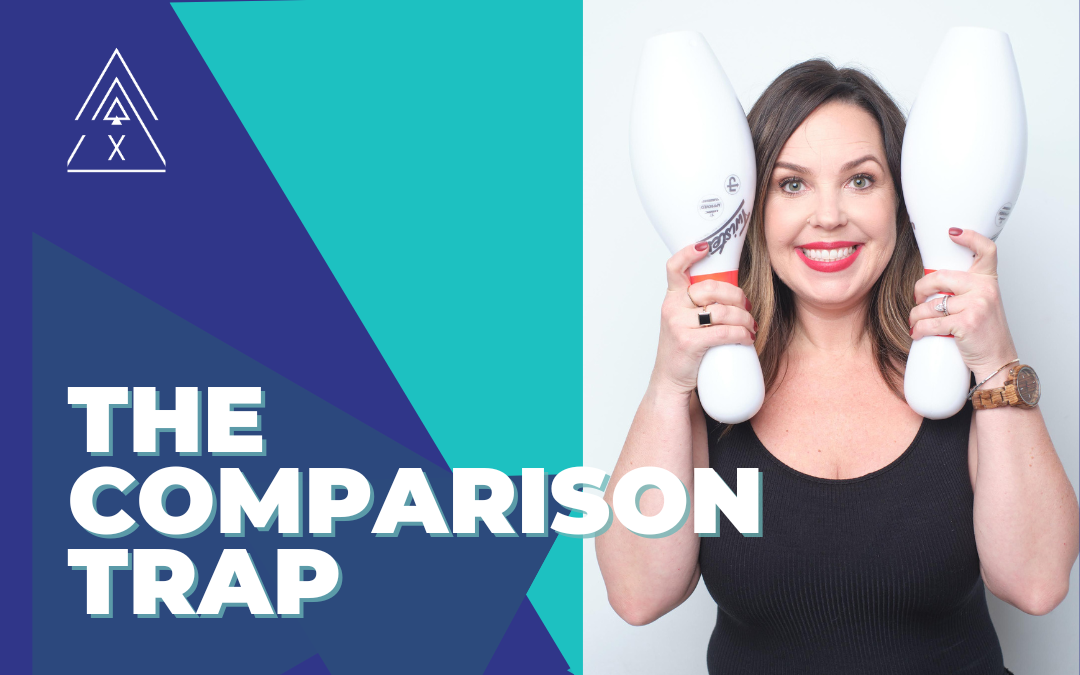The Stories We Tell Ourselves
Every one of us is a storyteller. Not just on stage, not just on paper—but in our own heads.
From the second we wake up to the second we shut it down at night, we’re narrating who we are, what we can do, and what’s possible.
And here’s the truth most people miss: the stories we tell ourselves don’t just describe our lives—they create them.
The problem? A lot of those stories are vicious.
I’m not good enough. I don’t deserve this. I never catch a break. I’m just unlucky.
At first, those sound like throwaway thoughts. But repeat them long enough, and they harden into beliefs.
And beliefs don’t stay tucked in the mind—they leak into performance, resilience, identity.
Sports psychology has proven it again and again: the mind is the gatekeeper of potential.
If your story says you’re limited, your choices and your body will follow the script.
The Battle With My Own Story
I’ve lived this fight. Every time I’ve lined up against the best in the world, there’s that voice:
You aren’t good enough to be here.
That doubt cuts even deeper now that I’m not grinding the way I once did. The old story whispers: If you’re not all-in, you can’t hang. You’re just faking it.
That’s imposter syndrome in its rawest form—the belief that no matter what you’ve done, it’s never enough.
And it doesn’t just haunt rookies. CEOs, Olympic champions, artists at the top of their craft—they all wrestle with it. The difference is what you do when the voice shows up.
For me, the work has been rewriting the script. I don’t compete anymore to prove worth.
I compete to push myself. To see what’s left in the tank. To savor the joy of the fight and the beauty of growth.
That shift—that conscious rewrite—is the core of mindset coaching.
Reframing the Narrative
When my self-talk gets dark, I remind myself: I’m not a machine. I’m not here to be flawless.
The goal isn’t perfection—it’s freedom. Presence. Flow.
Sports psychologists call this cognitive reframing. Michael Phelps used it before Olympic races, rehearsing positive outcomes so vividly that when disaster hit—like his goggles filling with water mid-race—his story didn’t collapse. He kept swimming blind because he had already told himself he could.
That’s the power of story: it doesn’t erase the obstacles, but it changes how you meet them.
A Better Story to Tell
So the real question is: what story do you want to live inside?
Here’s the one I believe: you’re not meant to be perfect. You’re meant to grow.
If you can believe in something deeply enough—and back it with consistent action—it becomes real.
So when challenges come, don’t ask Why me? Flip it: Why not me?
Why not be the one who rises, who breaks through, who carries the torch?
Because here’s the bottom line: the story you choose decides how far you’ll go.
So choose wisely. Write a story that drags you forward—not one that chains you down.
✨ Practical Takeaway
This week, pay attention to your self-talk. Notice the stories you’re telling when pressure hits:
I can’t. I don’t deserve this. I’m not ready.
Then stop. Interrupt it. And replace it with a story that serves you.
Not I can’t—but Watch me.
Not I don’t deserve this—but I’ve earned this.
Not I’m not ready—but I’m built for this moment.
Words shape identity. Identity shapes performance. So sharpen your language. Tell yourself a story that makes you dangerous, resilient, unstoppable.
Because the strongest athletes, leaders, and creators don’t wait for someone else to hand them a script—they write their own.









Thank you for this. I do this all the time despite the fact, that, up until July this year, I cashed in every PBA50 regional. I always put myself down by saying I am not good enough. My friends tell me, you’re too hard on yourself, and I am. I need to give myself more credit.
Be careful what you think about- it might come true! Our brains will believe what you tell it. So, fill it up with positivity! Talk to yourself like you talk to your best friend. 🙂